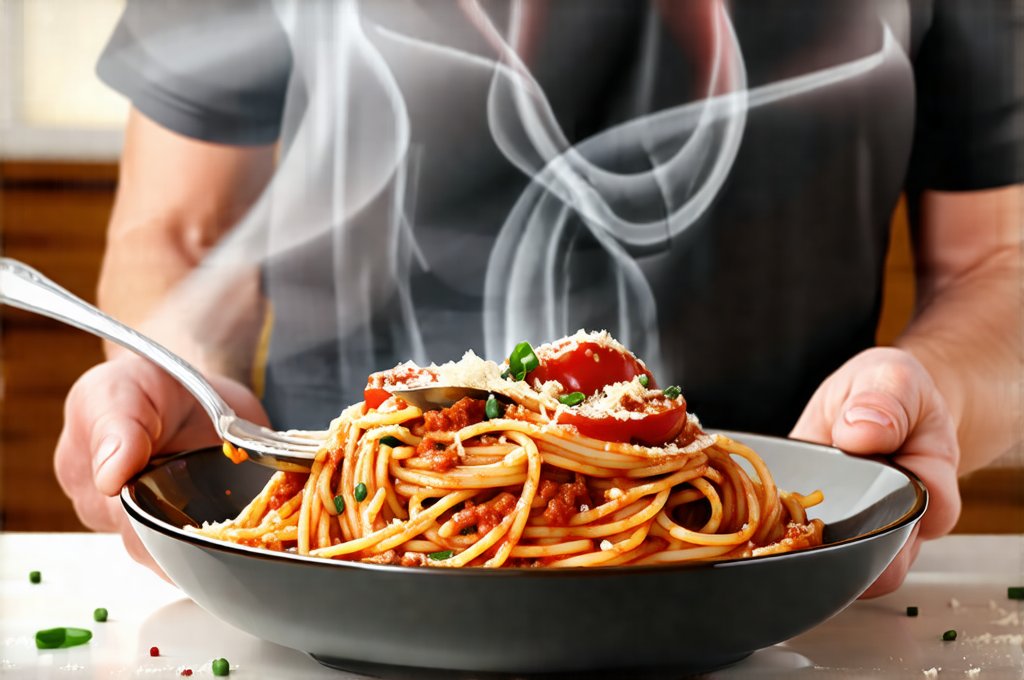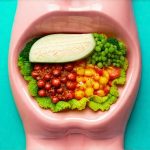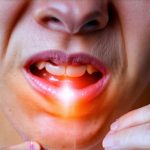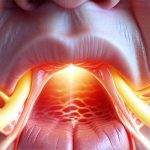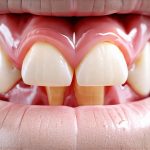Chronic heartburn, affecting millions worldwide, often feels like an unwelcome gatekeeper standing between you and many of life’s simple pleasures – particularly those involving delicious food. The burning sensation in your chest, the sour taste rising in your throat… these are familiar foes for anyone who regularly experiences acid reflux. It’s natural to wonder if enjoying foods known to trigger heartburn, like flavorful tomato-based spaghetti, is simply off the table. Many individuals with chronic heartburn significantly restrict their diets, fearing discomfort and exacerbation of symptoms. This can lead to a diminished quality of life, as food isn’t just sustenance; it’s often central to social gatherings, cultural experiences, and personal enjoyment.
The good news is that complete dietary deprivation isn’t usually necessary, even with chronic heartburn. While some foods undeniably worsen symptoms more than others, many people can still enjoy a wide range of meals – including spaghetti – with careful planning and mindful eating strategies. The key lies in understanding the underlying causes of your heartburn, identifying your individual triggers, and employing techniques to mitigate their effects. This isn’t about eliminating enjoyment; it’s about adapting and finding ways to continue savoring food without undue discomfort. It requires a bit more awareness and sometimes, a little experimentation, but the reward – being able to eat with confidence and pleasure – is well worth the effort. If you struggle with identifying what causes your digestive issues, consider how to tell if you have a hidden food intolerance.
Understanding the Heartburn-Spaghetti Connection
Spaghetti, particularly when served with a traditional tomato sauce, often gets a bad rap for heartburn sufferers. This isn’t necessarily because spaghetti itself is inherently problematic; rather, several components commonly associated with it contribute to increased acid reflux. Firstly, the acidity of tomatoes in the sauce is a major factor. Acidic foods can relax the lower esophageal sphincter (LES), the muscle that prevents stomach acid from flowing back up into the esophagus. When the LES weakens or relaxes inappropriately, heartburn occurs. Secondly, spaghetti dishes are often rich and fatty – think creamy sauces, meatballs, or sausage. High-fat foods also slow down digestion and increase stomach pressure, both of which can exacerbate reflux. Finally, portion size plays a crucial role. Large meals put more pressure on the stomach and LES, making reflux more likely.
The impact isn’t uniform across individuals though. Some people might find that a small serving of spaghetti with tomato sauce causes no issues whatsoever, while others experience significant discomfort even from a tiny amount. This is because sensitivity to heartburn triggers varies greatly. Factors like the severity of your GERD (Gastroesophageal Reflux Disease), individual LES strength, and overall digestive health all play a part. It’s important to remember that what triggers one person’s heartburn may not affect another. Identifying your personal triggers through careful observation is paramount to managing symptoms. Those with sensitive stomachs might also find avoiding caffeine helpful in reducing overall digestive stress.
The preparation method also matters. A slowly simmered tomato sauce might be more tolerable than a highly acidic, store-bought version. Similarly, using leaner protein sources in the spaghetti dish – like grilled chicken or turkey instead of fatty sausage – can reduce the overall fat content and potentially lessen heartburn symptoms. Ultimately, it’s about finding the right balance between enjoying your food and managing your condition.
Strategies for Enjoying Spaghetti with Heartburn
Even if tomato-based spaghetti is a known trigger, there are several strategies you can employ to minimize discomfort and potentially enjoy this classic dish:
- Portion Control: This is arguably the most important factor. Reduce serving sizes significantly. Instead of a large plateful, opt for a smaller portion or even share with someone.
- Timing Your Meal: Avoid eating spaghetti (or any trigger food) close to bedtime. Lying down after a meal increases the risk of acid reflux. Aim to finish your meal at least 2-3 hours before lying down.
- Slow and Steady Digestion: Eat slowly and chew your food thoroughly. This aids digestion and reduces pressure on the stomach. Avoid gulping down your meal quickly.
Beyond these dietary modifications, consider lifestyle adjustments that can help manage heartburn:
- Elevate Your Head: When sleeping, elevate the head of your bed by 6-8 inches. Gravity helps keep stomach acid where it belongs.
- Maintain a Healthy Weight: Excess weight puts pressure on the abdomen and LES, increasing the risk of reflux.
- Avoid Tight Clothing: Tight clothing around the waist can also increase abdominal pressure. If you struggle with diet restrictions due to digestive issues, eating mindfully may help reduce anxiety and discomfort.
Modifying Your Spaghetti Recipe
Adapting your spaghetti recipe itself can significantly reduce its heartburn-inducing potential:
- Reduce Acidity: Use less tomato sauce or choose varieties with lower acidity, such as plum tomatoes. You can also add a pinch of baking soda to the sauce to neutralize some of the acid (though use sparingly, as it can affect taste).
- Leaner Protein: Opt for leaner protein sources like ground turkey, chicken breast, or even lentils instead of fatty meats.
- Creamy Alternatives: Consider a pesto-based spaghetti dish instead of tomato sauce if tomatoes consistently cause problems. Pesto offers a different flavor profile and is generally less acidic.
- Balance with Vegetables: Incorporate more non-acidic vegetables like spinach, zucchini or bell peppers into the sauce to balance out the flavors and potentially dilute the acidity. For those with IBS, knowing foods to avoid is also important when making dietary changes.
Over-the-Counter Remedies & When to Seek Medical Advice
While dietary modifications and lifestyle changes are often effective, over-the-counter (OTC) remedies can provide additional relief. Antacids neutralize stomach acid, offering quick but temporary relief. H2 blockers reduce acid production for a longer period, while proton pump inhibitors (PPIs) are even more potent at suppressing acid secretion. However, it’s important to use OTC medications as directed and not rely on them indefinitely. Long-term use of PPIs can have potential side effects.
When should you consult a doctor? If your heartburn is frequent, severe, or doesn’t respond to lifestyle changes and OTC remedies, it’s crucial to seek medical advice. Persistent heartburn could be a sign of more serious underlying conditions like GERD, esophagitis, or even Barrett’s esophagus. A healthcare professional can properly diagnose the cause of your heartburn and recommend appropriate treatment options, which may include prescription medications or further investigations. Don’t self-diagnose or attempt to manage severe symptoms on your own – seeking professional help is essential for long-term health and well-being. If you suspect it could be related to water quality, consider reactions to water as a possible cause. Remember that this information is not a substitute for medical advice; always consult with a qualified healthcare provider for any health concerns.

